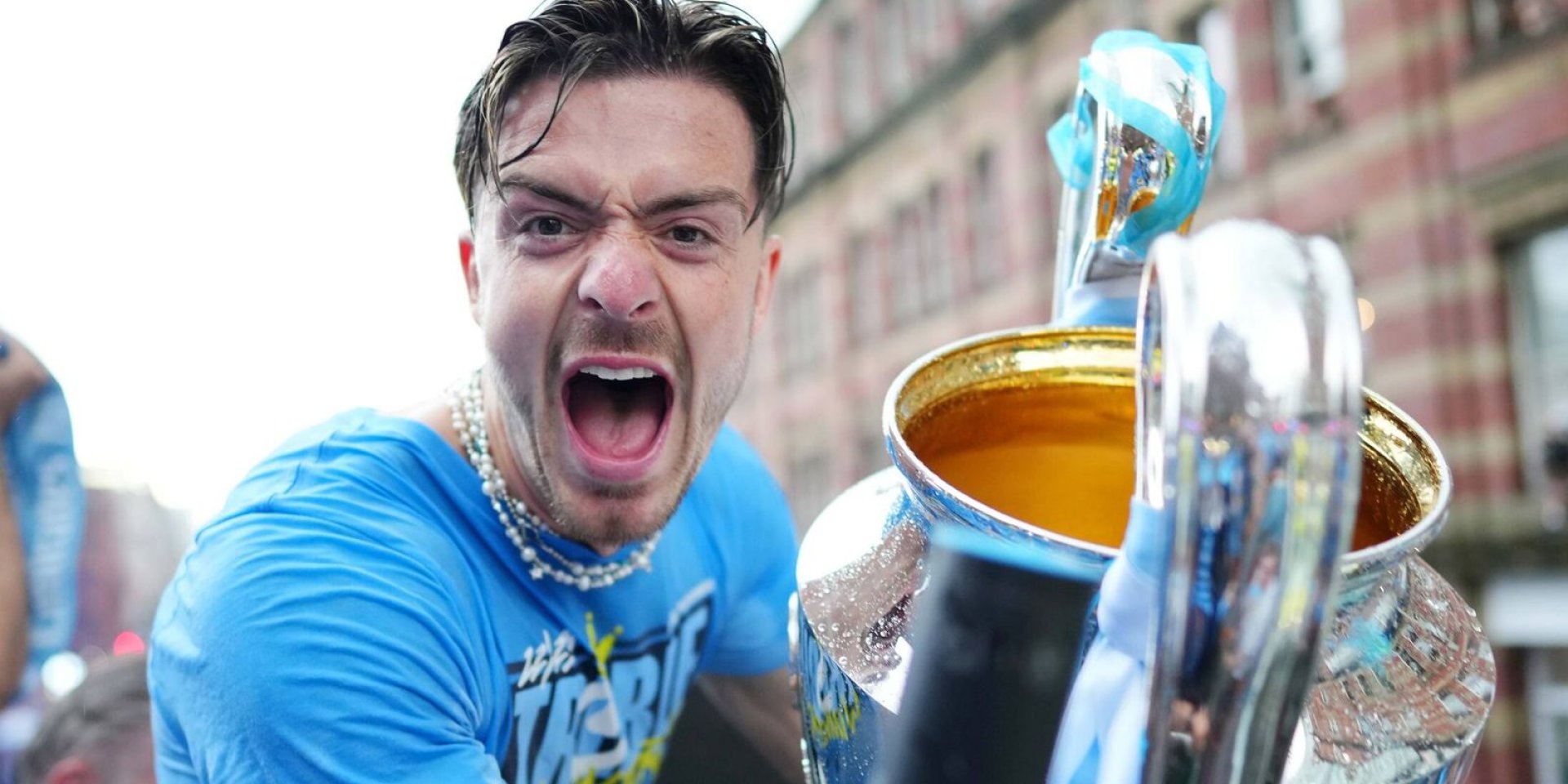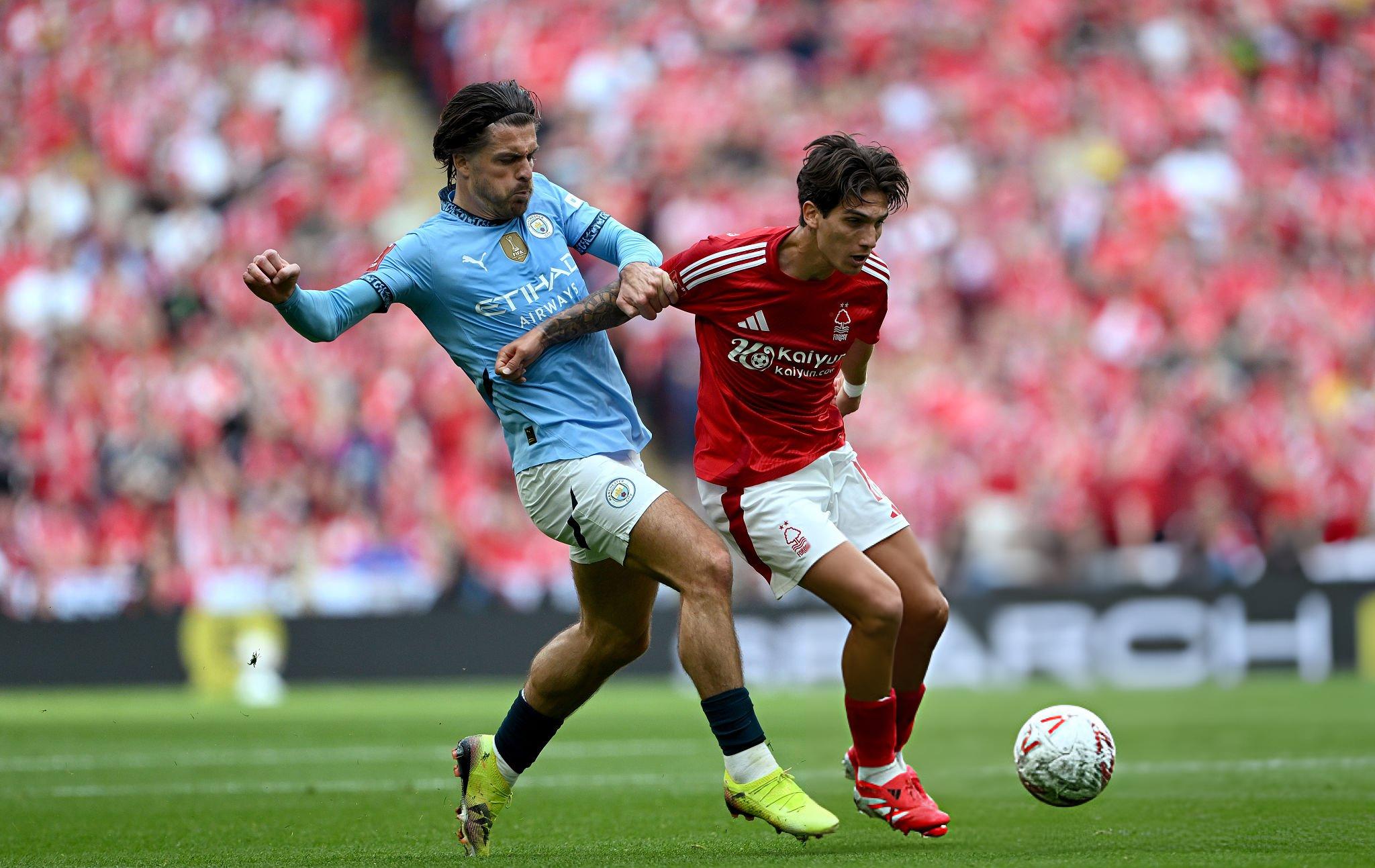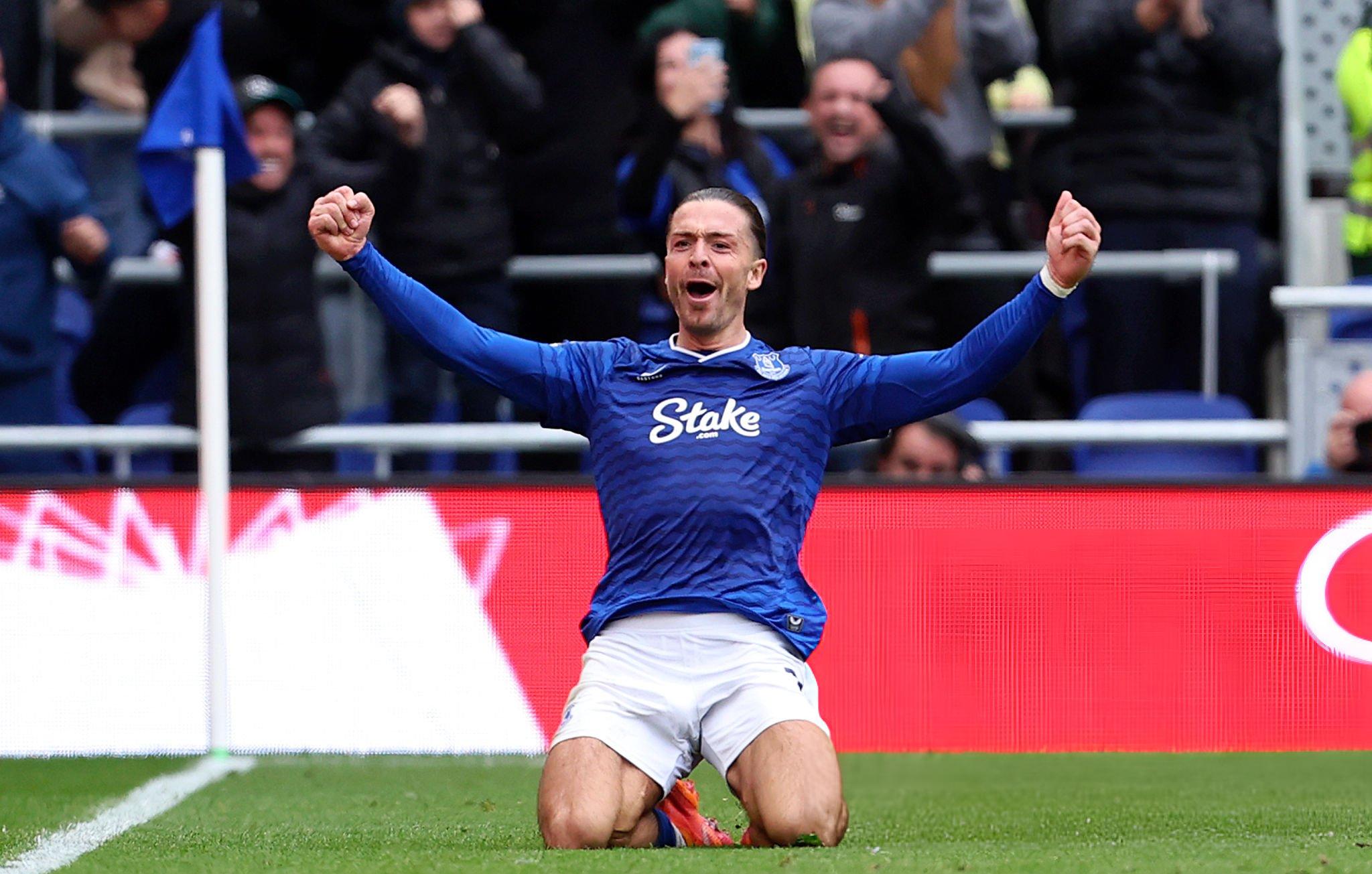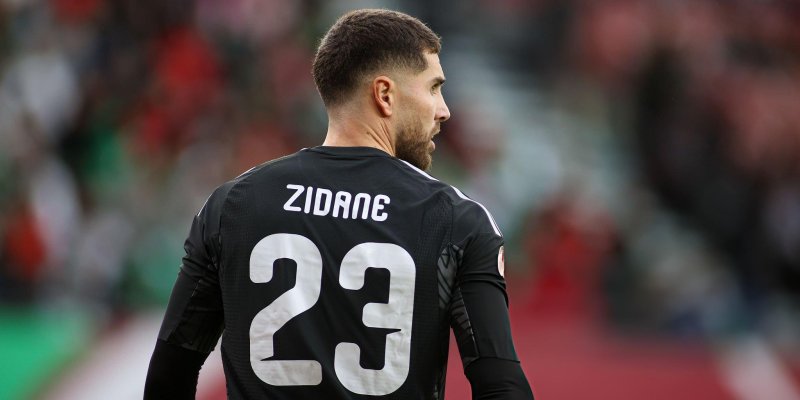
His name almost always rings louder than the match headlines. Jack Grealish smiles easily, jokes readily, and on the pitch is not afraid to receive the ball in areas where most instinctively hide. In a conversation for Sky Sports, the Everton midfielder, on loan from Manchester City, speaks calmly and without a defensive tone about how to combine a zest for life with the demands of elite football—and why, at times, he chose less-than-ideal moments to do so.
Enjoying Life—Yes; Mixing Up Time and Place—No

"I like being around people; I'm not a robot," Jack admits. He doesn't wave away his reputation as someone who enjoys lively crowds, but he immediately adds a caveat: professional sport sets boundaries. A party isn't a crime; it's part of normal life—so long as it doesn't cut into the training cycle or disrupt recovery. "There were episodes in my career when, looking back, I realise the moment was chosen poorly. And that's on me," Grealish says. There's no excuse in his voice—only acknowledgement and a willingness to own his choices.
The Cost of Impulse: How Habits Show Up on the Pitch

There are no trivial details in football: sleep, nutrition, hydration, load management—everything loops back into performance. Grealish understands clearly that a single misstep off the pitch can echo over distance: in decision-making speed, in the share of duels won, in that final burst in the 85th minute. "Sometimes I made things harder for myself. But reducing everything to one factor isn't fair," he stresses. Form is the sum of dozens of variables: your role in the tactical structure, minutes played, competition, health, the coaching staff's trust. And off-the-pitch discipline is just one—albeit important—part of the equation.
Lessons From City: Status Pressure and the Nuances of the Role

The move to Manchester City turned the familiar freedom of a winger into meticulous work within a complex scheme. At a level where every sprint and every first touch are measured under a microscope, any fluctuation is immediately visible. "There were times I chose the wrong option—and it wasn't just about parties. Sometimes I tried to prove too much in a single passage of play instead of staying within the structure," Jack says. He doesn't dodge responsibility, but he frankly notes: high expectations, a congested schedule, and squad depth also affect rhythm and confidence.
A New Focus at Everton: Back to the Simple Things

The loan to Everton is a chance to shift the emphasis from noise around the name back to the game itself. "What matters here is simple: recover the metres in defensive transition, threaten vertically in transition phases, keep the tempo high without distorting the microcycle," Grealish lists. He talks about details that rarely make headlines: work off the ball, fixing the width, timely entries into the half-spaces, coordination with the full-back. "When there's a clear routine behind you, a lightness appears on the pitch. I need that right now," Jack admits.
Balance Under the Floodlights: Live, but Don't Lose the Rhythm

Grealish doesn't plan to repaint his character in grey. He's for sincerity—and for boundaries that help you stay at your peak. "Life is emotion. Football is a profession. You can combine them if you remember the team's rhythm and your own body," he says. For him, the key is planning: don't wreck post-match recovery, don't break the routine before tough away trips, respect the dressing room's shared objective.
What Comes Next: Decisions Only You Can Hear

His words about "wrong moments" aren't an attempt to please the crowd; they're a marker of maturity. Ahead lies a long stretch of the season in which every point smells of hard work. "I want to live, and I want to win. Those desires aren't mutually exclusive. It's important to listen to yourself and the schedule—and to make your choice before the cameras are on," Jack concludes. And that sounds like the main lesson of recent years: in big-time football, true freedom doesn't start on the dance floor or in the newsfeed; it begins with precise, timely decisions that no one will see—but everyone will feel on the scoreboard.








